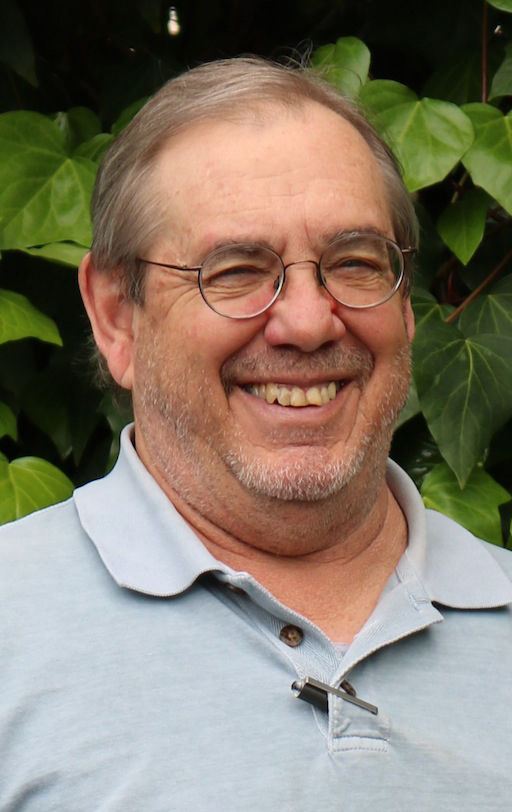Our Sonoma County, like the rest of the country these days, has been filled with political marches, public square demonstrations and other louder than usual exercises of free speech. But in some places there also has been violent backlash, arrests and both high-decibel heckling and the silencing of microphones.
Between the nationwide womens’ marches on Jan. 21, the day after the Trump inauguration, to this week’s “Workers’ Day March,” there have been marches and rallies for science, immigration reform, affordable housing, student free speech and for peace and our planet. There was even a local and national Tax Day march to demand government transparency, tax fairness and the release of President Trump’s personal tax returns.
Our nation’s First Amendment has been getting quite a workout lately. One problem, though, is all this worthy citizen activism has been followed by heightened threats of censorship, restrictions and political attacks from some of our nation’s highest offices.
Our deepest concerns are with our students and youth. They are the future standard bearers of our democracy and local public square dialogue. Should all free speech always be protected? Is marching in the street the only way to be heard anymore? Because of the internet, aren’t all forms of speech now beyond control anyway?
Even locally, it seems like our free speech arguments are upside down. Look at what just happened at UC Berkeley, the original home of the Free Speech Movement.
Conservative author Ann Coulter, known for her anti-immigration views, cancelled a talk at the Berkeley campus when college regents said they could not guarantee public safety. This followed recent violent clashes on campus between pro-Trump and anti-Trump protesters. The cancellation made the cradle of free speech look like the ultimate campus bully.
But the lesson goes deeper than that. To get the full story, our students and the rest of us have to look beyond the news briefs, tweets and efforts to bolster extremism and polarization. What may have looked like liberal sensitivity gone berserk, was actually an attempt to promote the widest access to free speech and honest dialogue as possible.
A student group called BridgeUSA had invited Coulter as part of a series of lectures already held on the Berkeley campus to facilitate dialogue between political opposites and varying viewpoints on current events. The events have been debate-style, question-and-answer sessions dedicated to fair discourse, on-the-record responses and lots of listening.
The UC Berkeley regents’ fear of physical violence was real but both the Coulter critics and the Berkeley bashers ignored the true story in favor of making their own sensational headlines to spread partisan speech — not the free kind.
That type of intolerance and partisan opportunism, dear students, will not advance free speech or academic freedom. All this extremism — first heard loudly at the Trump campaign rallies last year — has become a frontal assault on the First Amendment rights of speech, assembly and free press.
The overreaction on many school campuses isn’t helping either. Being politically correct is no longer a useful concept, if it ever was. There is no guaranteed freedom against the right to not be offended. And an inconvenient truth is still truth. Free speech can be ugly, loud or so unpopular as to be held by a minority of one.
The Berkeley Free Speech Movement of 1965 started as a protest against campus rules that prohibited students from supporting off-campus issues like civil rights, Vietnam War protests or South Africa anti-apartheid campaigns. Those earlier students marched across Sproul Plaza to support free speech as a means to discover and defend truths and uncover hidden facts.
When one student, Mario Savio, spoke, a whole world listened. Now, students don’t know what to say. Maybe it’s time for another march, a silent march of only listeners.
43.6
F
Healdsburg
November 15, 2024








